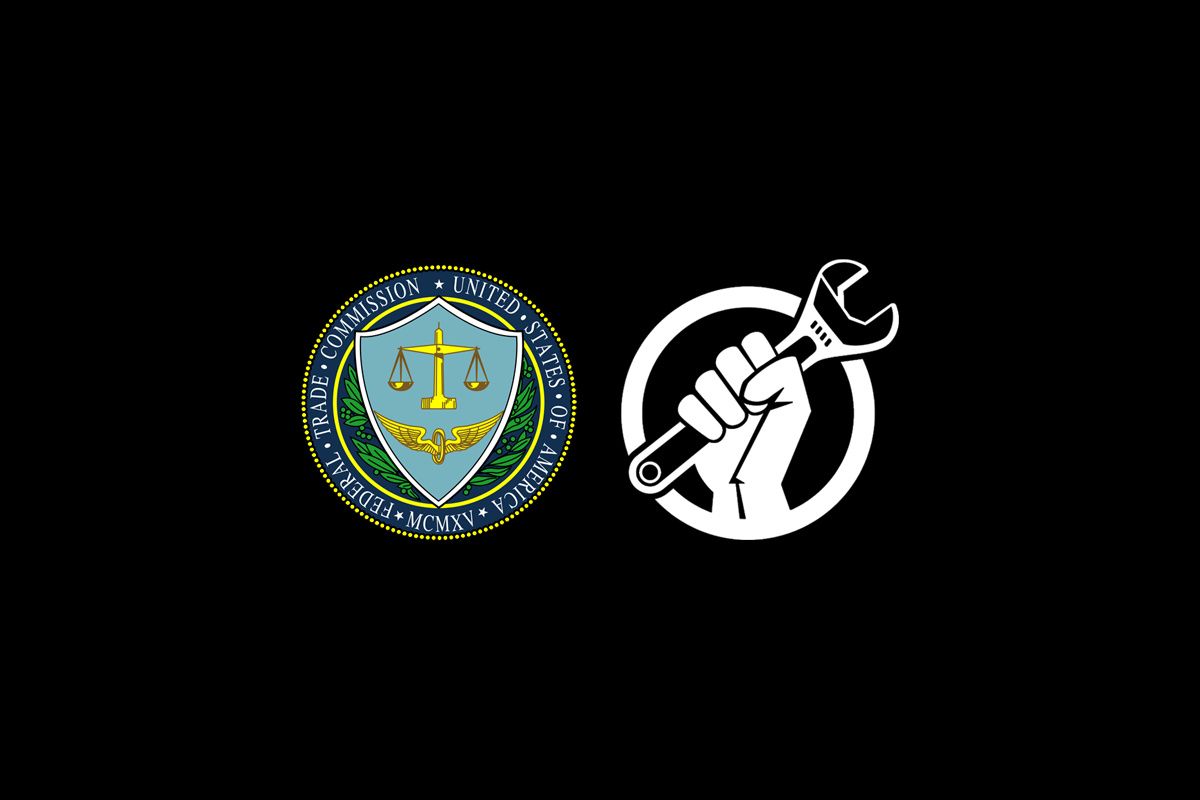As companies like Apple and John Deere ramped up their repair restrictions, a right-to-repair movement slowly gained steam in the United States and Europe. The ideals behind the movement are certainly something we at XDA can agree with. People should be able to repair their own phones if they are able to, and companies shouldn't introduce arbitrary roadblocks that make it more difficult to replace parts. Companies that stand to lose an easy source of revenue from owning repairs are fighting tooth and nail to hamstring the right-to-repair movement, but with the growing anti-Big Tech movement, governments in Europe and America are starting to take the consumer's side. Last week, President Biden signed an executive order directing executive agencies to, among other things, limit the ability of companies to restrict repairs. Now, the agency with the power to do just that — the Federal Trade Commission, or FTC — announced that it will ramp up law enforcement action against illegal repair restrictions.
In a press release, the FTC states that restricting consumers' and businesses' ability to choose how they repair products can raise the total cost of repairs, generate hazardous electronic waste, and unnecessarily increase repair wait times. On the other hand, giving consumers and businesses the ability to repair their own hardware can result in lower costs, less e-waste, more timely repairs, and more economic opportunities.
The FTC held a workshop in 2019 called "Nixing the Fix" to get feedback from consumers, small businesses, manufacturers, and others. Following the workshop, the FTC concluded that some manufacturers and sellers may be restricting repair service competition in a variety of ways without a good reason to do so. These restrictions included physical barriers like warranty stickers, limited availability of parts and resources like repair/diagnostic software, and using designs that deliberately make simple repairs considerably harder, as well as limiting the availability of telematics information and either discouraging or outright blocking the use of non-OEM parts. Smartphone OEMs, most famously Apple, have been found to engage in some, if not many, of these practices. The FTC is concerned about the impact of these practices on consumers, most notably on lower-income Americans.
What steps are they taking towards this? While they recognized that right-to-repair wasn't previously high on their priority list, they now say they're going to devote more resources towards combating these practices. They're also going to prioritize investigations into these practices. They're encouraging the public to file complaints and give other information to help the Magnuson-Moss Warranty Act and its implementing regulations be enforced more effectively.
They'll also look for violations of antitrust laws like the Sherman Act and determine whether repair restrictions are unfair acts or practices, both of which are also prohibited by the Federal Trade Commission Act. They will take an interdisciplinary approach to the problem, combining resources and expertise from across the agency to combat illegal repair restrictions.
All of this legal jargon aside, though, what's important here is that the FTC is ramping up its efforts to combat repair restrictions and uphold the right of users to repair their own hardware. Which is, honestly, good news for every smartphone owner in the United States. You can read up on the FTC's latest policy statement on repair restrictions in full here.


